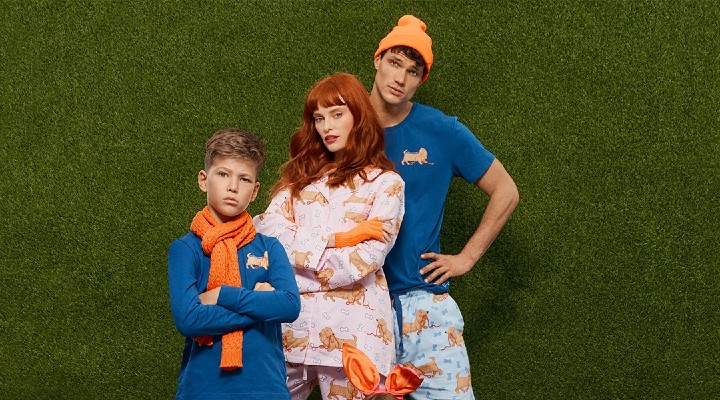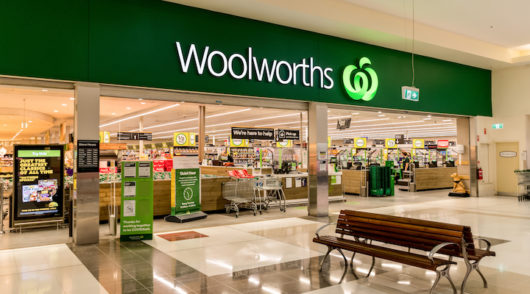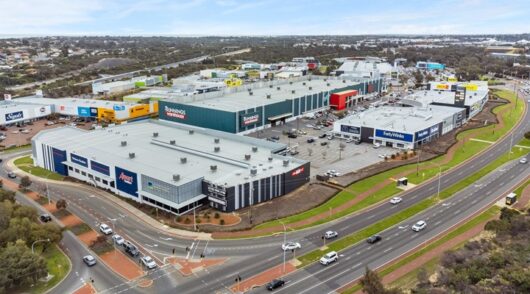The financial results for many of Australia’s leading retailers for the first half of the 2021 financial year have been much stronger than had been expected with the Covid-19 disruption. The Wesfarmers, Woolworths and Super Retail Group chains all posted significant increases along with other retailers, including Coles, Harvey Norman, JB Hi-Fi and Nick Scali. The impact of Covid-19 restrictions nationally was not as serious as in the early months of calendar 2020 and sales were bolstered by Bl
by Black Friday, Click Frenzy and Cyber Monday leading into Christmas.
There is cause for optimism about renewed growth in retail sales, with the three months to December 2020 posting solid increases over the same period in 2019 and similar gains in January and February of this year.
Australian Bureau of Statistics tracking shows increases of 7.1 per cent for October,13.3 per cent November. 9.6 per cent December, 10.6 per cent January and 8.7 per cent February over the corresponding months a year earlier.
With overseas travel unlikely to regain momentum before 2022, retail would be expected to continue to benefit from consumer spending, but most major retailers are cautious in their forecasts of what lies ahead.
Just as it was impossible to accurately read March and April sales independently because of the movement of Easter and school holiday dates, it is difficult to assess the current bullishness for retail sales and earnings for major retailers.
The big chains have almost certainly gained market share from a legion of small retailers as a result of Covid-19 trading restrictions, like supermarkets and hardware stores, which have benefited from trading exemptions. Others have also experienced positive growth due to the increase in online sales.
However, there are CEOs who are cautious of future sales due to the uncertainty around the end of government support packages for individuals and businesses, reduced stimulus measures, decreased consumer confidence and household debt levels and, for some categories, the possibility of a saturated market.
How Premier survived and thrived during Covid
One retail group that remains bullish about future prospects is Premier Retail, which posted a 7.2 per cent increase in sales and an 88.9 per cent boost to net earnings for the six months to December 2020, amid praise and scorn.
Premier Retail’s results were praised by some analysts as the realisation of a long-term strategy and effective management through the Covid-19 challenge.
The scorn has come from shopping centre owners, retailers, politicians and others, due to Premier Retail’s refusal to return any of the JobKeeper support payments it received and rent concessions it extracted on its way to $188.2 million net profit from $784.6 million in global sales.
The ratio of net earnings to revenue is astonishing, but reflects Covid-19 cost adjustments in the business, the reduced drag of some under-performing stores closed during lockdowns and a 61 per cent surge in online sales to $156.7 million.
Online sales for the first half of the current financial year represent 20 per cent of Premier Retail’s global sales and clearly have management rethinking the business model and bricks-and-mortar footprint.
In September 2020, Solomon Lew, Premier Retail’s chairman, indicated he was prepared to close up to 350 of the company’s 1040 stores if landlords were not prepared to agree to lower rent deals.
Currently, Premier Retail has 70 per cent of its global store network in either holdover or with leases expiring in less than 12 months. The company has closed 162 stores in the past seven years.
The online sales growth has emboldened Lew’s quest for lower rent and occupancy charges for bricks-and-mortar stores.
While Premier Retail’s first half result looks impressive, the performance of some of its brands continues to raise questions, despite Lew’s bullish appraisal.
The star performer of the Premier Retail portfolio in the period was sleepwear brand Peter Alexander, which accounted for $207.7 million – 26 per cent of the retailer’s $784.6 million total revenues.
Premier Retail’s denim brands, Just Jeans and Jay Jays, also performed well in the first half. However, Dotti, Portmans and Jacqui E all posted declines in sales, although Lew indicated they were up in like-for-like results allowing for lockdowns.
Stationery brand Smiggle, which has been licensed into overseas markets, was the hardest hit by the Covid-19 trading restrictions.
Smiggle’s sales for the six months to December were down 26.5 per cent to $142.4 million and the chain closed 29 of its 347 stores in its Europe, Asia and Australasian networks.
Lew remains confident about the prospects of all seven brands in the Premier Retail portfolio, but the three fashion brands continue to be laggards in the group.
With 300 combined stores between them, Portmans, Dotti and Jacqui E generated sales of $156.6 million in the first half of the current financial year compared to the Peter Alexander chain with just 140 stores ringing up $207.7 million in revenues.
No doubt, Peter Alexander also fared better in online sales than the fashion brands but the point remains, Lew and CEO Mark McInnes still have much work to do on the three fashion chains before McInnes completes his contract in January next year.







